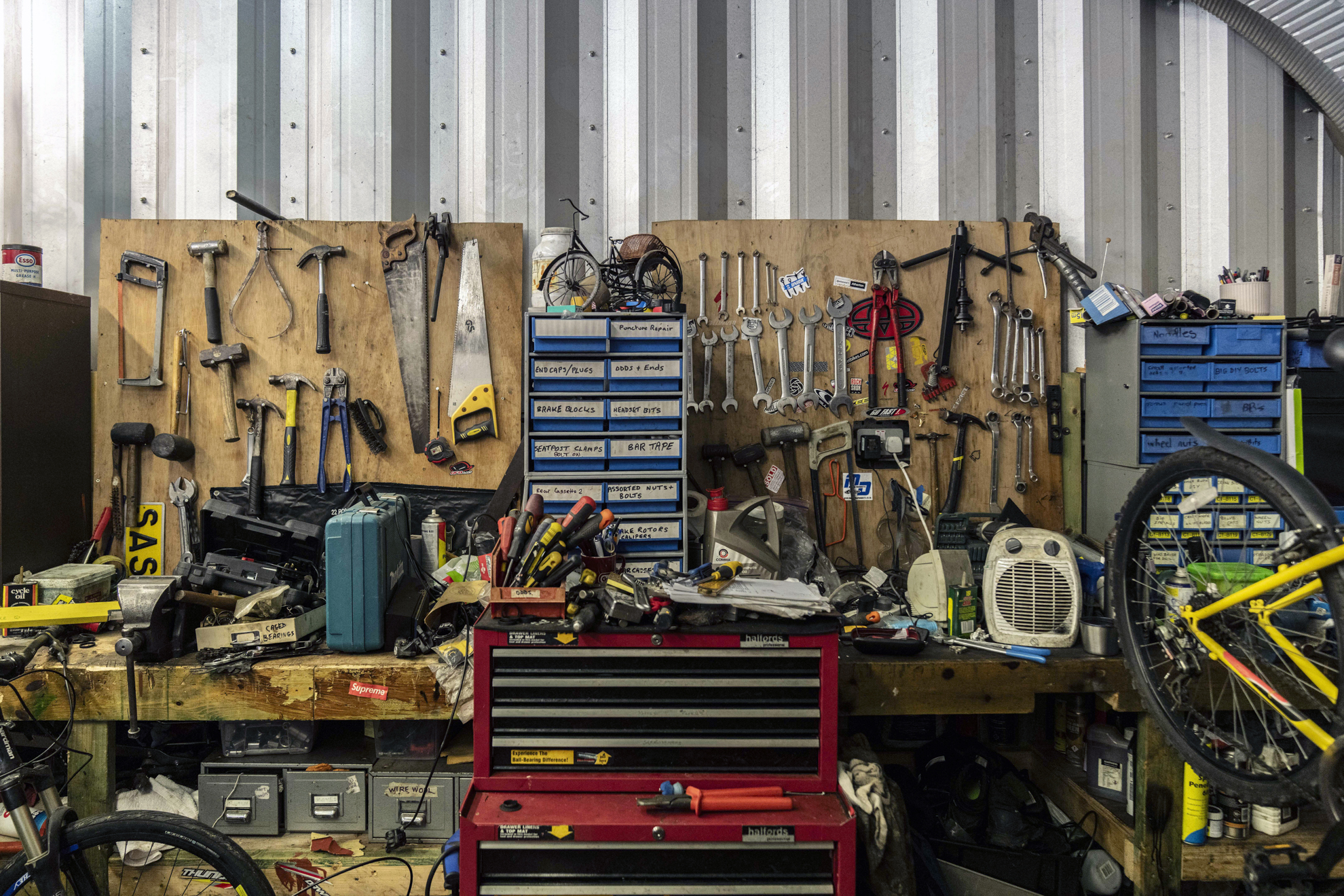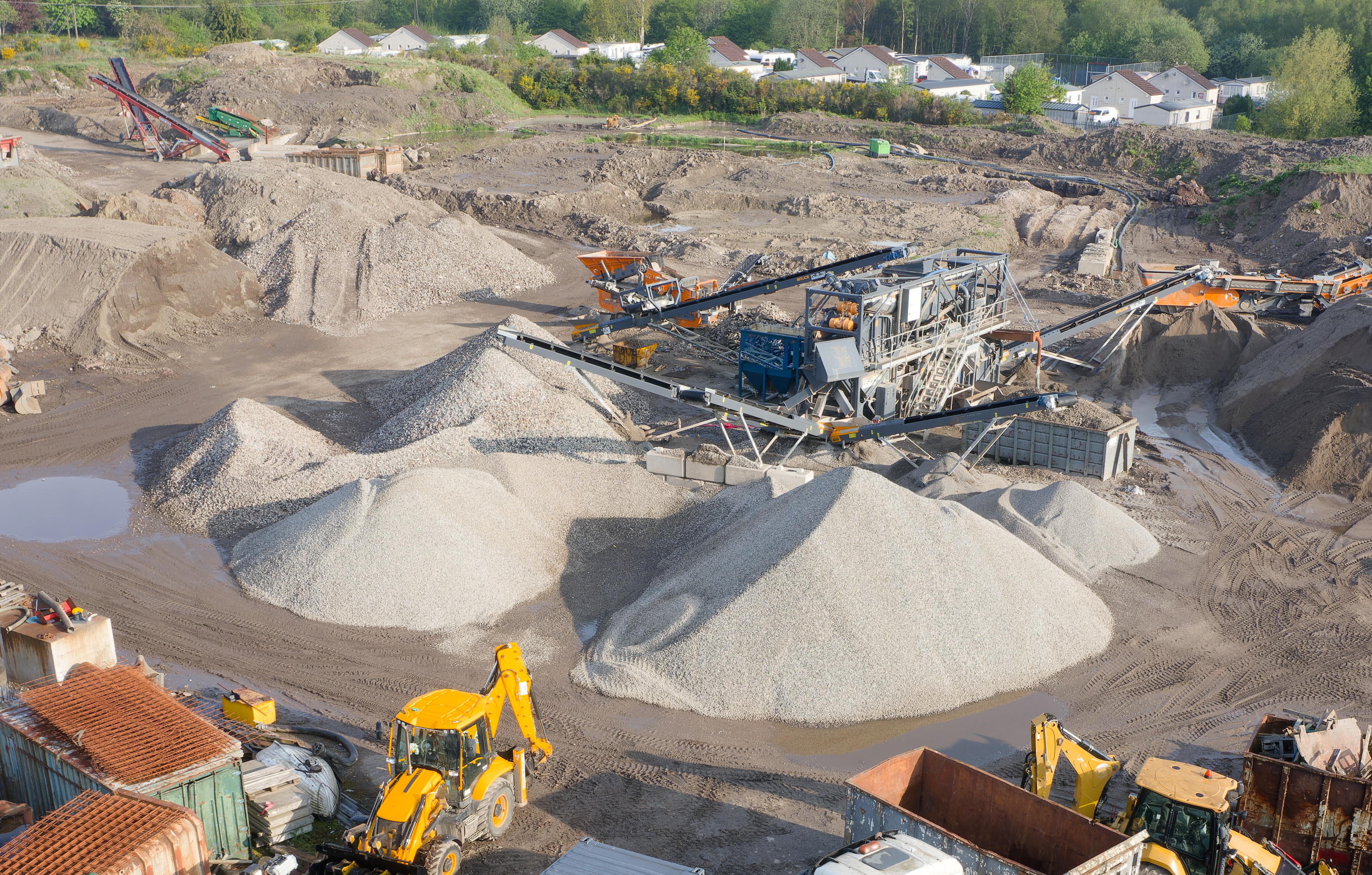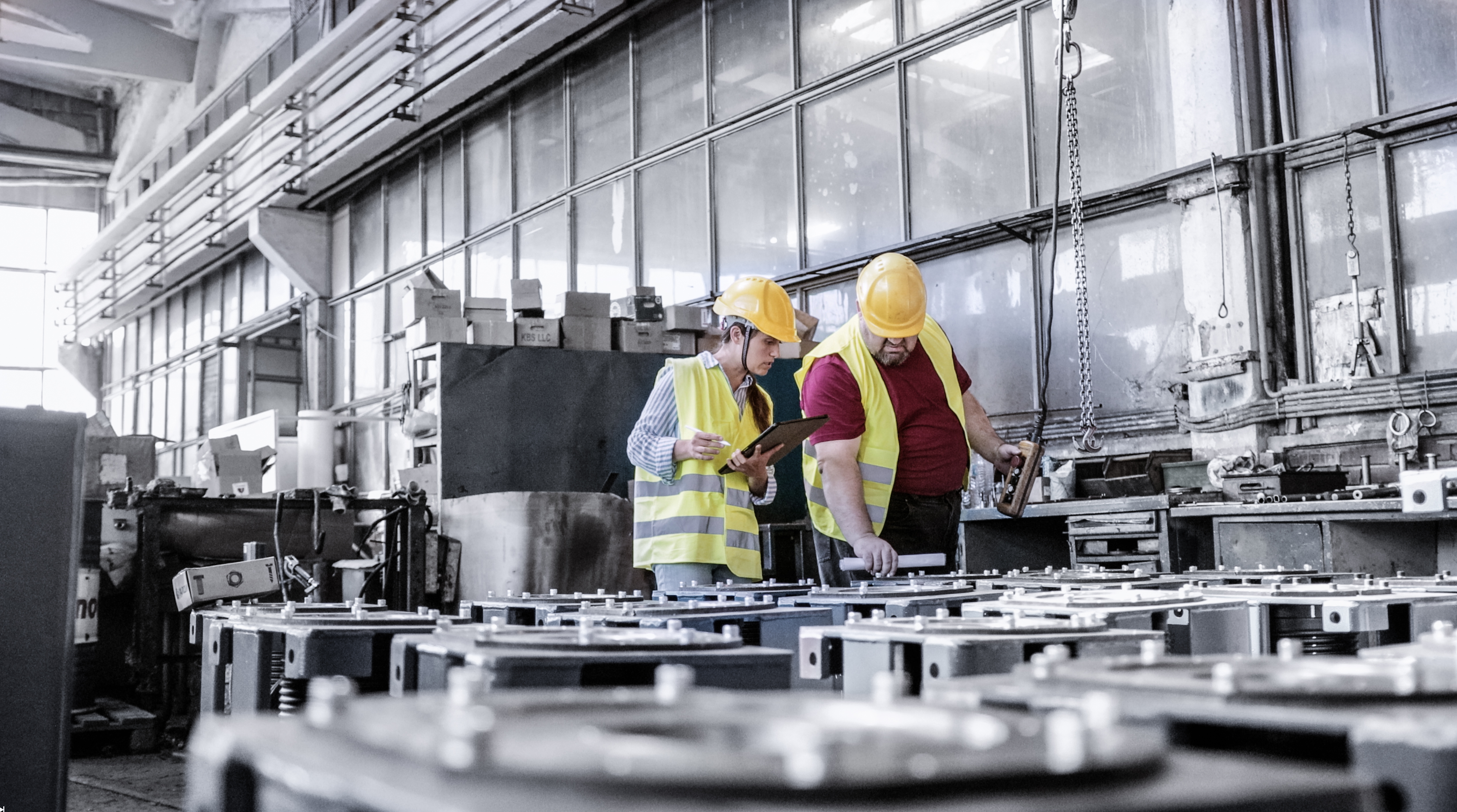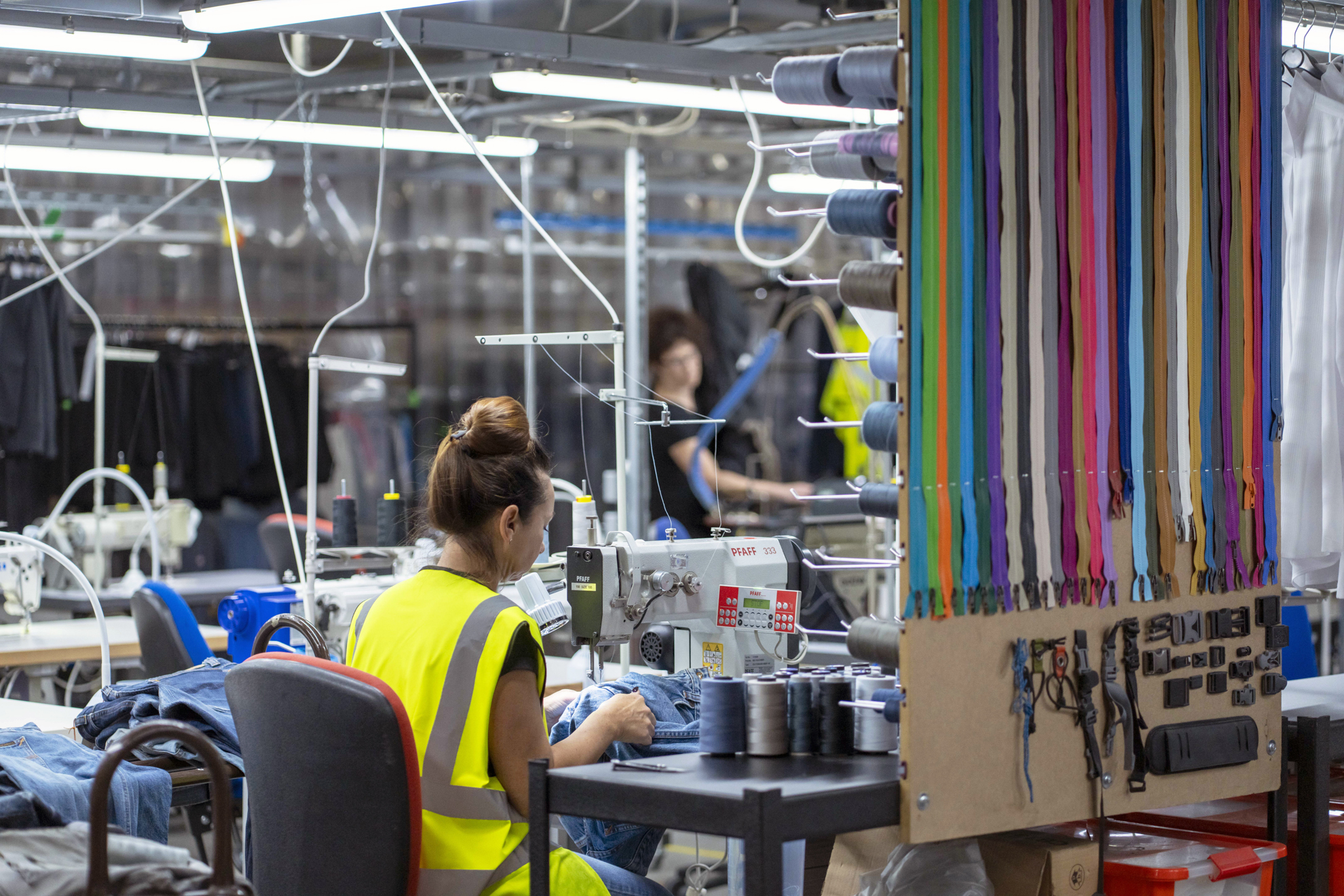
Mattress Extended Producer Responsibility
Less than one in 10 mattresses in Scotland is recycled at end-of-life.
A recent study on the end-of-life treatment of mattresses showed that of the 7 million mattresses disposed of across the UK, approximately 20% are being recycled1.
Despite an increase in the overall UK mattress recycling rate, regional data highlighted a specific group of regions and nations where recycling rates had decreased. Scotland was identified as one of these nations, where the recycling rate has fallen below 1%2. This is due to a lack of reporting of mattress recycling and there being only one specialist mattress recycler, which opened in 2018. That development has increased recycling to up to 10%, which is still a low proportion.
Mattresses are synonymous with fly-tipping – 31% of participants in a Zero Waste Scotland survey identified mattresses as the item they remember being fly-tipped3.
Despite the marketable materials and components found in mattresses, such as the metal springs, realising their financial value is challenging, as a result of variable market prices.
They are difficult items to transport and therefore most end-of-life mattresses in Scotland are neither reused nor recycled. Instead, they are collected with furniture and other miscellaneous bulky items and processed for incineration with energy recovery or landfilled. If sent to landfill, mattresses can cover voids in waste piles allowing explosive methane gas to accumulate.
In addition, mattresses can cause damage to refuse collection vehicles and block the hoppers in energy from waste (EfW) plants, due to their shape and size.
Circular thinking
Exploring the circular solutions available for managing the whole life cycle of products and resources used in Scotland is an important part of the Government’s ‘Making Things Last’ strategy – an approach that also applies to the management of mattresses, which is defined as a problem product in the strategy.
One possible solution to improving the circularity of mattresses is to design and implement an Extended Producer Responsibility (EPR) scheme for Scotland.
Extended Producer Responsibility (EPR)
EPR is a policy instrument designed to extend a producer’s responsibility for its products beyond the consumer stage.
Key features of its design include:
- transferring responsibility, partially or fully, economically and/ or physically, away from local authorities to the producer; and
- encouraging producers to incorporate environmental principles in the design of their products through agreed set targets and incentivisation.
Some of these benefits include:
- the reduction of the environmental impact of a product at the end of its life;
- maximising the potential for resource efficiency through re-use of materials and components found in a product; and
- new and innovative product design that generates social and economic capital.
Partnership with National Bed Federation
Zero Waste Scotland and the National Bed Federation have agreed to work in partnership to explore and develop means for improving the whole life cycle management of mattresses in Scotland. This will require addressing key concerns surrounding the management of resources used to manufacture mattresses, and the advancement and availability of circular solutions used to handle mattresses at the post-consumer stage.
The journey to identifying a whole life cycle solution for mattresses that is economically, environmentally and socially beneficial for Scotland will require looking at a number of options, one of which is an EPR scheme.
Furthermore, considerable engagement with a broad spectrum of stakeholders from both the public and private sector to promote the intended benefits of the project.
Scottish Working Group
Creating a Scottish working group focused on developing circular solutions for mattress design and end of life treatment will bring together membership bodies, suppliers, retailers, manufacturers, local authorities and waste management operators to highlight and discuss a range of issues. These will range from operational requirements, risk management, funding support and regulation; all of which need to be recognised and actively addressed when appraising a potential solution.
Collaboration
Collaboration is a key component of raising awareness, engaging and garnering momentum from stakeholders in the mattress industry.
We need you to be part of the process to make sure we are finding the right solution. There will be workshops, a Scottish based working group and evidence gathering and analysis to support the right way to take this forward.
The project team plan to host a number of events, which will be facilitated and supported by experts in the field of the circular economy and the mattress industry. These will be shared through this webpage and email marketing. If you want to be on the list, complete the form below.
Please do not hesitate to contact us for more information on the project and its objective.
- 1) Oakdene Hollins, 2019, Results of the National Bed Federation’s research into the treatment of End of Life mattresses in the UK.
- 2) Oakdene Hollins, 2019, ‘End of Life Mattress Report’, Results of the National Bed Federation’s (NBF) research into the treatment of End of Life mattresses in the UK.
- 3) 31% of ZWS survey participants: Zero Waste Scotland, 2017, ‘Evidence Review of Flytipping Behaviour’.
What is Extended Producer Responsibility (EPR)?
Extended Producer Responsibility (EPR) is a policy instrument designed to extend a producer’s responsibility for its products beyond the consumer stage. Key features of its design include:
- transferring responsibility, partially or fully, economically and/ or physically, away from local authorities to the producer; and
- encouraging producers to incorporate environmental principles in the design of their products through agreed set targets and incentivisation.
What are the benefits of EPR?
There are several key benefits arising as a result of using an EPR scheme. Examples of just some of these benefits include:
- the reduction of the environmental impact of a product at the end of its life;
- maximising the potential for resource efficiency through re-use of materials and components found in a product; and
- new and innovative product design that generates social and economic capital.
Why is an EPR scheme for mattresses being talked about?
The Scottish Government is committed to developing a more circular economy in Scotland, which benefits both the economy and the environment.
Mattresses have long been seen as the poster child of flytipping; and their bulky, low-value composition creates considerable challenges to local authorities tasked with their collection, material sorting and recycling. Recent studies have found that no mattresses were being recycled in Scotland in 2017.
As such, The Scottish Government’s circular economy strategy, Making Things Last, outlines the need to address the challenges arising for end-of-life (EoL) treatment of ‘problem products’, by identifying practicable solutions. One potential solution is to implement an EPR scheme that incentivises producers to take on a more significant role in managing their products beyond the consumer stage.
The role of Zero Waste Scotland
Zero Waste Scotland are working in partnership with the National Bed Federation to explore and develop a technical and practical evidence base for the design and implementation of a mattress EPR scheme in Scotland. In particular, we are focusing on developing an option that is fit for purpose and will serve as a catalyst for Scotland to achieve its circular economy ambitions.
In December 2019, Zero Waste Scotland published a report that included an exploration of the range of EPR options adopted globally; and a feasibility study of the benefits and challenges associated with delivering a mattress EPR scheme in Scotland.
What could an EPR scheme look like?
A number of factors need to be considered when designing a scheme to be the most effective and inclusive for Scotland, and both Zero Waste Scotland and the National Bed Federation are keen to engage and work with stakeholders in order to achieve this.
Given the scale of the mattress manufacturing industry and the number of stakeholders involved, a wide array of issues will need to be looked at. Among those are:
- regulated or voluntary scheme design;
- incentivising participation and collaboration;
- how the scheme is administered and managed;
- encouraging innovation in product design;
- building industry capacity for circular economy options.
Who is affected by an EPR scheme?
Zero Waste Scotland and the National Bed Federation want to engage with a number of stakeholders across the mattress manufacturing industry who can assist in creating an EPR scheme that works for Scotland. Groups such as mattress manufacturers, suppliers, producers, local authorities, retailers, the Third Sector, and Supported Business can all help to shape the best approach to managing the end of life treatment of mattresses is taken and ensure Scotland’s ambitions for a circular economy are met.
We are also keen to engage with the Scottish public and consumer groups, as part of our campaign to raise awareness on the subject of mattress disposal and how a proposed EPR scheme could work.
Business and consumer engagement throughout the duration of the project will be a crucial part of designing a scheme that is inclusive and fit for purpose in Scotland.
What are the timescales for introducing an EPR scheme?
We are currently exploring a long list of EPR options delivered across the world and gathering evidence on mattress EPR schemes already in place. This evidence will be presented to stakeholders participating in the project, as we are keen to receive feedback on how these schemes would affect the industry in the UK.
The long list of options will be revised based on feedback received from stakeholders and experts in the field of EPR policy to help create a shortlist of options and finally a recommended option.
To introduce a scheme, the Scottish Government will need to lay regulations before the Scottish Parliament. If regulations are passed, there will need to be an implementation period before any scheme is fully operational.
How can you engage with us?
We welcome feedback and invite questions on the scheme design and consultation process. There will also be a stakeholder workshops designed to gather insights on how EPR could drive a circular economy within the mattress industry. We will share details of these events once they are confirmed.
For more details on this process, please contact us.
What are the benefits of mattress recycling?
There are a number of benefits to recycling a mattress, which include:
- conservation of valuable resources such as steel, foam and other materials for new products in secondary markets;
- diverting mattresses from end-of-life disposal options such as landfill and incineration;
- reduces the level of flytipping and illegal dumping of mattresses;
- creates new employment opportunities in the recycling industry.
Who are the National Bed Federation?
The National Bed Federation is the recognised trade association representing UK manufacturers of beds and their suppliers. Their mission is to raise awareness and understanding of the importance of getting a good night’s sleep by having the right bed. This is done by providing professional, unbiased advice on selecting the right bed.
For further information and advice provided by the National Bed Federation.






